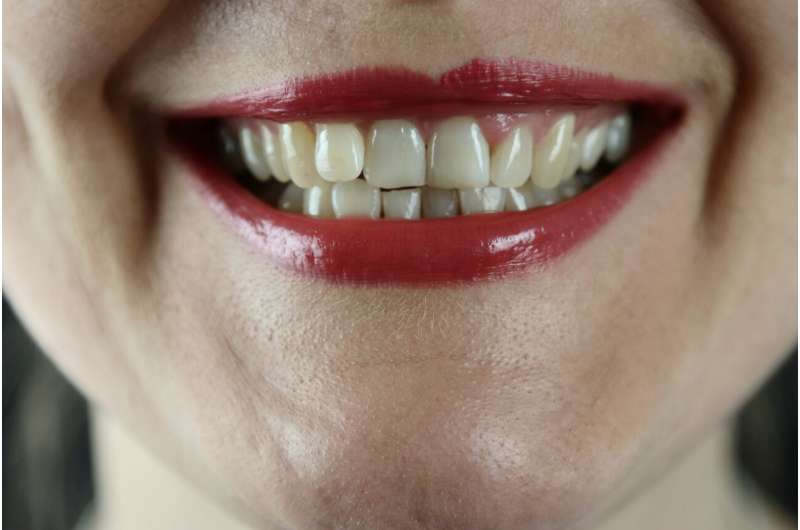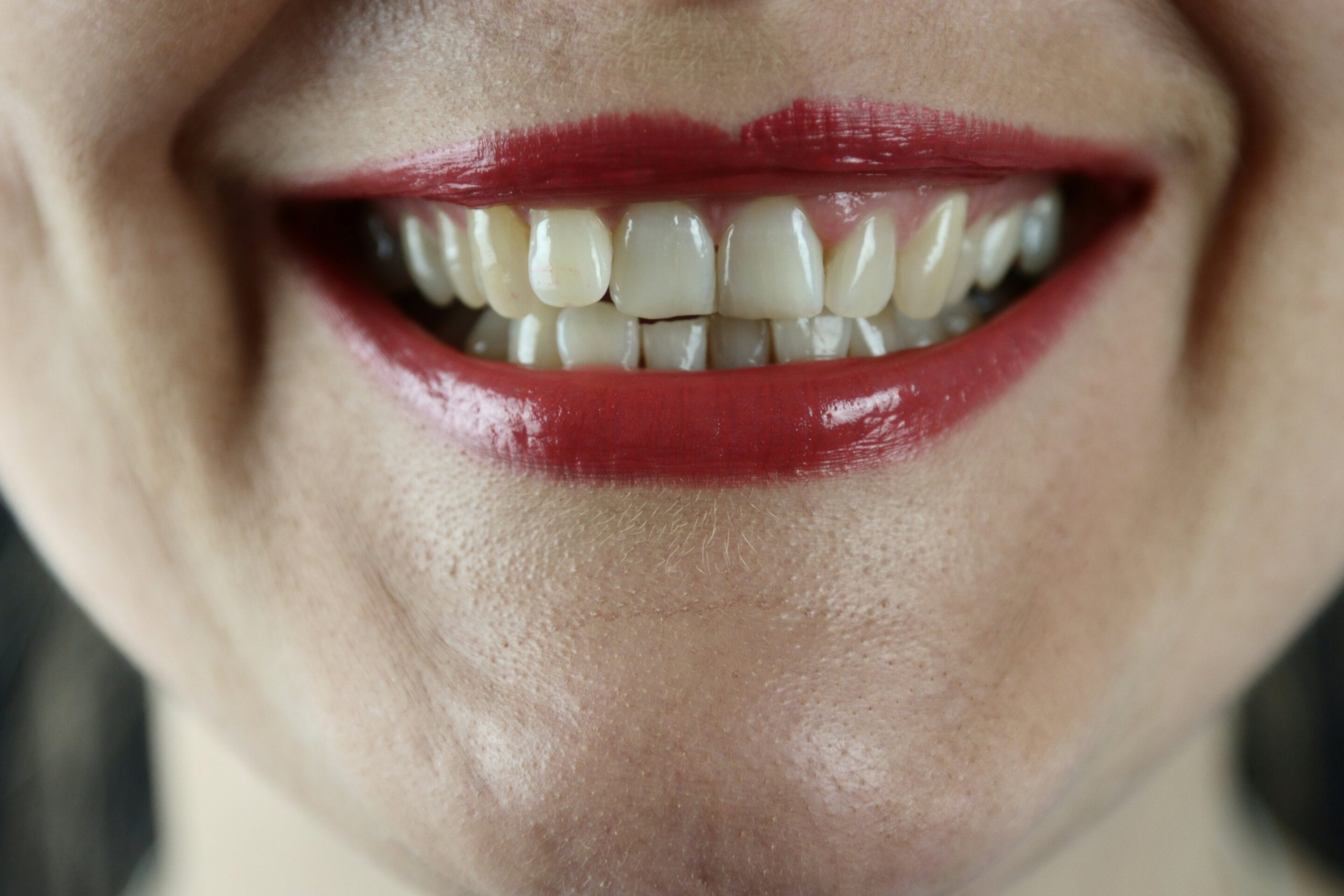
An analysis of medical records from 1,765 older adults shows that patients with at least 21 teeth were more likely to maintain a healthy body weight than patients with fewer teeth, according to a Rutgers Health study.
Each additional missing tooth correlated with a 2% increase in the likelihood of obesity, and each missing pair of opposing molars correlated with a 7% increase in the likelihood of obesity.
“Many healthy foods, particularly raw fruits and vegetables, are hard to eat when you lack a functional dentition,” said Rena Zelig, lead author of the study published in Gerodontology. “One possible explanation is that when people, especially older adults, are missing teeth and experience difficulty chewing, they start eating foods that are easier to eat but less healthy, like mashed potatoes, cookies, or doughnuts. These foods are typically higher in calories, fat, and sugar, resulting in weight gain.”
“Dentists might be able to reduce the problem by educating patients on how to adapt healthier foods to make them easier to eat, by peeling, cutting, cooking, or blending them. Vegetables can be added to a soup or stew, and fruit can be added to a smoothie or a parfait,” added Zelig, an associate professor at the Rutgers School of Health Professions.
The researchers examined data from 1,765 adults ages 65 to 89 who underwent treatment at the Rutgers School of Dental Medicine between 2016 and 2022. To analyze the relationship between the number of teeth and body mass index (BMI), they used statistical methods that adjusted for other factors that could affect BMI, such as age, gender, and existing health conditions.
Nearly 73% of the participants were either overweight or obese. The median number of remaining teeth was 20. That’s just below the threshold of 21 needed for functional chewing, though 45% of participants had at least 21 teeth. (A complete set typically has 32 teeth, including wisdom teeth.)
Unlike back teeth, which are more important for chewing, the front teeth are generally used to bite into food and didn’t appear to affect weight status as significantly as the back teeth did. There was no significant connection between the number of pairs of front teeth, which are typically lost after back teeth, and BMI.
These results align with earlier studies suggesting that poor dental health is linked to weight issues. However, this study uniquely highlights the important role of back teeth in maintaining a healthy weight.
Poor dental health also has been linked to other health problems, including oral cancer and other cancers, as well as cardiovascular disease and diabetes.
“There’s a tendency to separate oral health from every other type of health, but oral health profoundly affects overall health,” said Steven Singer, a co-author of the study and chair of the dental school’s Department of Diagnostic Sciences. “The mouth is indeed the mirror into the rest of the body. Dentists are also the medical professionals that many people see most frequently, so it makes sense to have them regularly check the key biomarkers of health, like weight and blood pressure, and work with patients whose results indicate issues or refer them to other caregivers.”
More information:
Rena Zelig et al, Dentition and weight status in community‐dwelling older adults, Gerodontology (2024). DOI: 10.1111/ger.12747
Citation:
Researchers link tooth loss to increased obesity risk (2024, June 25)
retrieved 13 September 2024
from https://medicalxpress.com/news/2024-06-link-tooth-loss-obesity.html
This document is subject to copyright. Apart from any fair dealing for the purpose of private study or research, no
part may be reproduced without the written permission. The content is provided for information purposes only.



